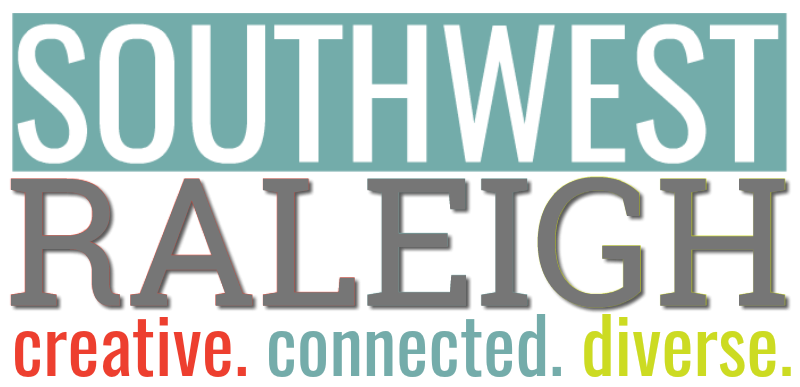 When the first historic Raleigh houses were built in the late 1700’s, being “energy efficient” meant blowing out an oil lamp before you went to bed. Now it means so much more – lower energy bills, a more comfortable home, cleaner air, and greener living.
When the first historic Raleigh houses were built in the late 1700’s, being “energy efficient” meant blowing out an oil lamp before you went to bed. Now it means so much more – lower energy bills, a more comfortable home, cleaner air, and greener living.
Older and historic homes, like many in Boylan Heights and other Southwest Raleigh historic neighborhoods, are rich in character, but often poor in energy efficiency, and their homeowners may believe there’s little they can do to improve them, while maintaining the charm of old architecture. In my experience from working with older homes, the energy performance of older building can actually be a substantial opportunity. I regularly see homeowners achieve savings of 20 to 30% on energy bills through simple, cost-effective improvements.
Changes in Building Concepts
It’s not surprising that building codes in Raleigh have changed substantially since homes were built in the 1800’s. What may be surprising is how much basic concepts have changed.
Homes built before the 1920’s were designed to allow free airflow in and out of the home – both for the comfort of the homeowner and for the purpose of reducing moisture build-up. Installing a modern HVAC system in a home such as this, which hasn’t had remedial work on sealing and insulation, is like throwing your money away in the wind. Air which you’ve paid to heat or cool will simply leak out of the home faster than your HVAC system can produce it.
Sealing areas such as the crawlspace, and installing insulation (especially in floors and attics) has a dramatic effect on both your energy bills and your comfort, without any changes to the architecture of your lovely home.
Energy Audits
The first step for any homeowner to achieve better energy efficiency is to simply have an Energy Audit performed. Using sophisticated tools like computer modeling, infrared cameras and blower door tests, you and your contractor can have a clear picture of where improvements need to be made best enhance the performance of your home.
Bobby Ferrel is a Building Performance Institute-certified building analyst and the co-founder of Green Horizon (GreenHorizon.com), the Triangle’s only comprehensive provider of green building services and home energy retrofits.
